Part of me suspects that I'm a loser, and the other part of me thinks I'm God Almighty

Part of me suspects that I'm a loser, and the other part of me thinks I'm God Almighty
John Lennon, the iconic musician and former member of The Beatles, was a complex and enigmatic figure who often struggled with his own sense of self-worth. The quote “Part of me suspects that I'm a loser, and the other part of me thinks I'm God Almighty” perfectly encapsulates this inner conflict that Lennon grappled with throughout his life.On one hand, Lennon was plagued by feelings of insecurity and self-doubt. Despite achieving immense success and adoration as a member of one of the most famous bands in history, he often felt like a fraud or an imposter. This self-doubt was exacerbated by his tumultuous childhood, marked by the absence of his father and the loss of his mother at a young age. These early traumas left Lennon with deep emotional scars that he carried with him into adulthood.
At the same time, Lennon possessed an undeniable charisma and talent that set him apart from his peers. His songwriting abilities were unparalleled, and his introspective lyrics touched the hearts of millions around the world. This creative genius led him to believe that he was capable of achieving greatness and making a lasting impact on the world.
The dichotomy of feeling like a loser and a god simultaneously is a common theme in the lives of many artists and creative individuals. The same qualities that drive them to create and innovate can also lead to feelings of inadequacy and self-doubt. Lennon’s struggles with his own sense of self-worth were reflected in his music, which often explored themes of love, loss, and the search for meaning in a chaotic world.
Ultimately, Lennon’s legacy as a musician and cultural icon is a testament to the power of embracing both the light and dark aspects of oneself. By acknowledging his own vulnerabilities and insecurities, Lennon was able to tap into a wellspring of creativity and inspiration that continues to resonate with audiences to this day. In the end, perhaps Lennon’s greatest achievement was in finding a way to reconcile the conflicting parts of himself and channeling that inner turmoil into art that transcended time and space.




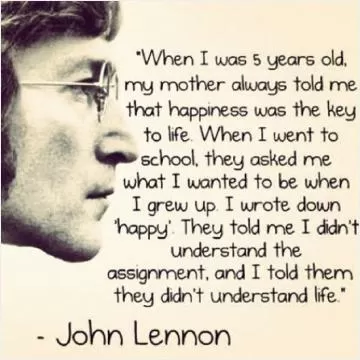
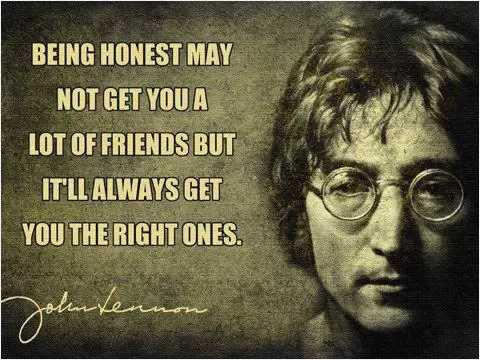

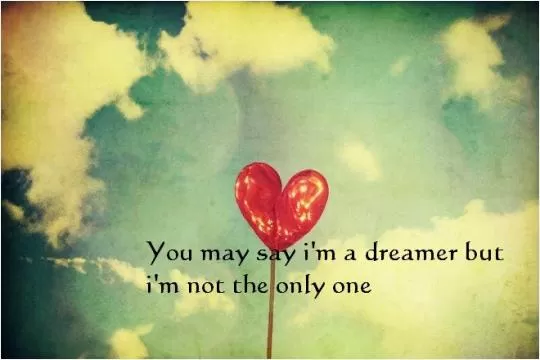
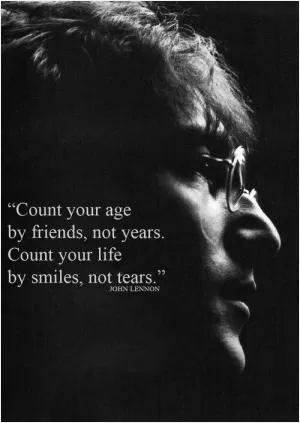
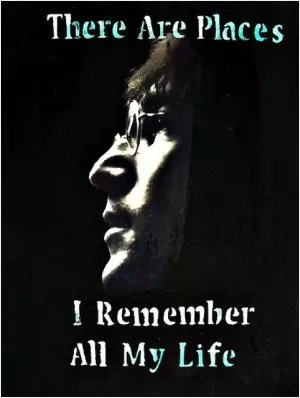


 Friendship Quotes
Friendship Quotes Love Quotes
Love Quotes Life Quotes
Life Quotes Funny Quotes
Funny Quotes Motivational Quotes
Motivational Quotes Inspirational Quotes
Inspirational Quotes